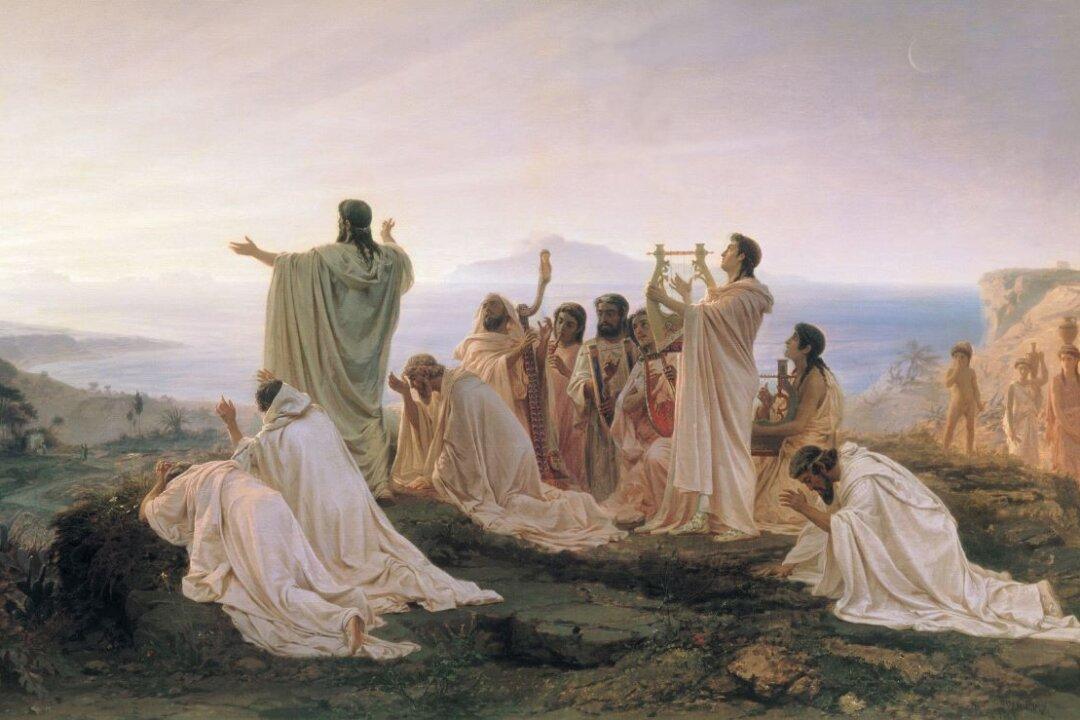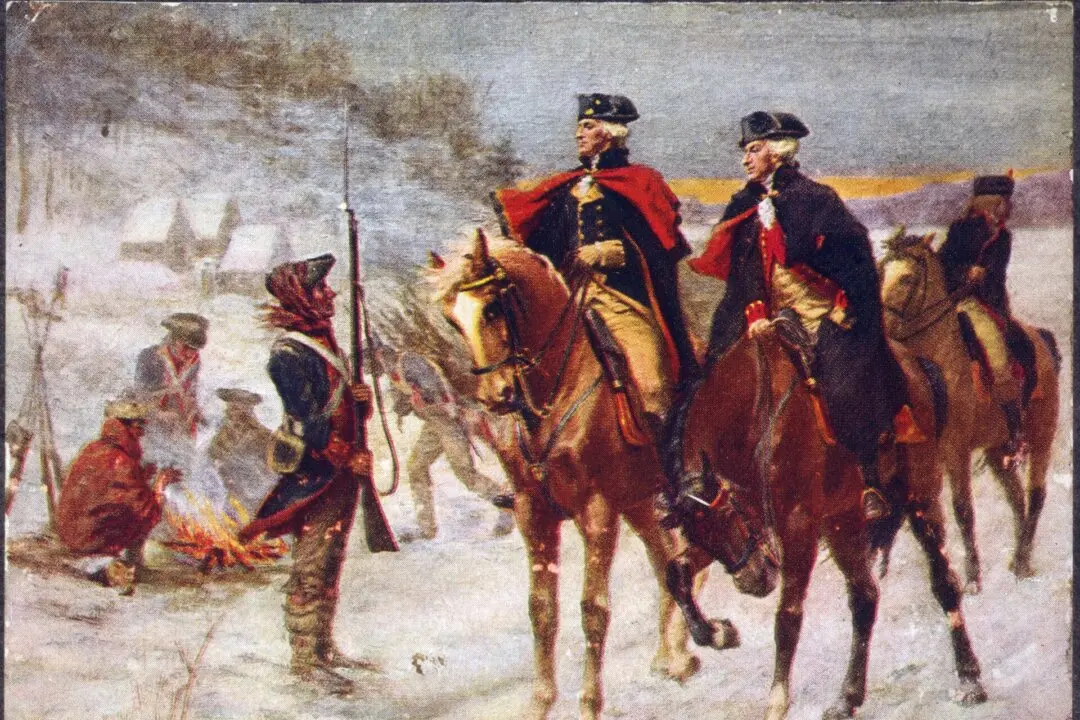Those who don’t value tradition usually speak of “ancient wisdom” with squinty eyes and a wrinkled nose, as if they are being force-fed something that tastes bad. The implicit judgment of these people is that such scornful attitudes are indicative of “modern foolishness.” But the distinction is something of a false dichotomy.
When looking to ideas of the past for guidance, one seldom thinks of the sophist Gorgias’s position that “nothing exists”—but if it does, it cannot be known, and even if it can be known, this knowledge can’t be communicated. That students were once hypnotized by such a view, as today’s students are of postmodernism, reminds us that the proper distinction to be made doesn’t involve a war between old and new ideas, but between ancient wisdom and equally ancient foolishness—between old ideas that work and old ideas that don’t.





